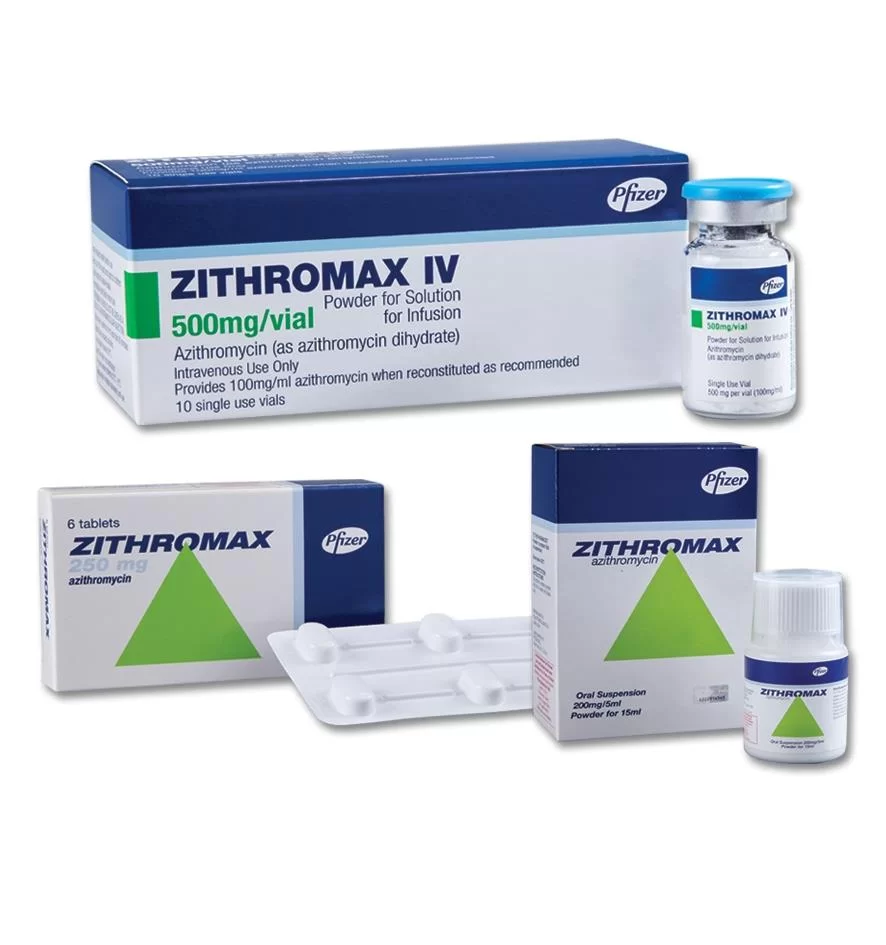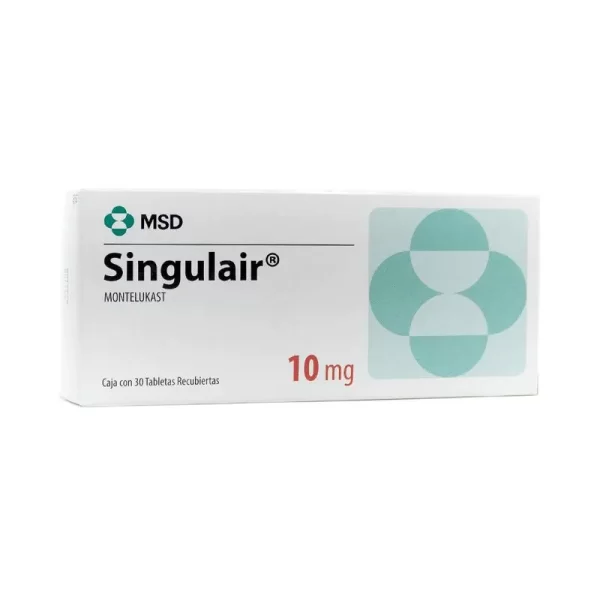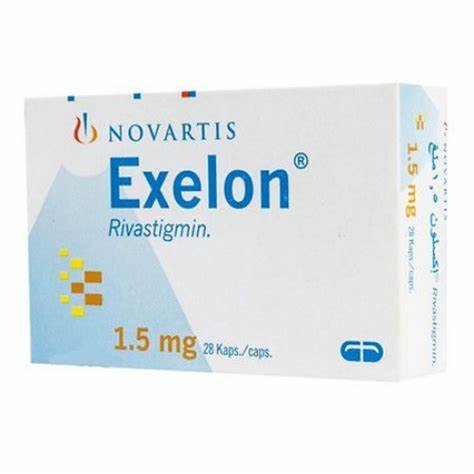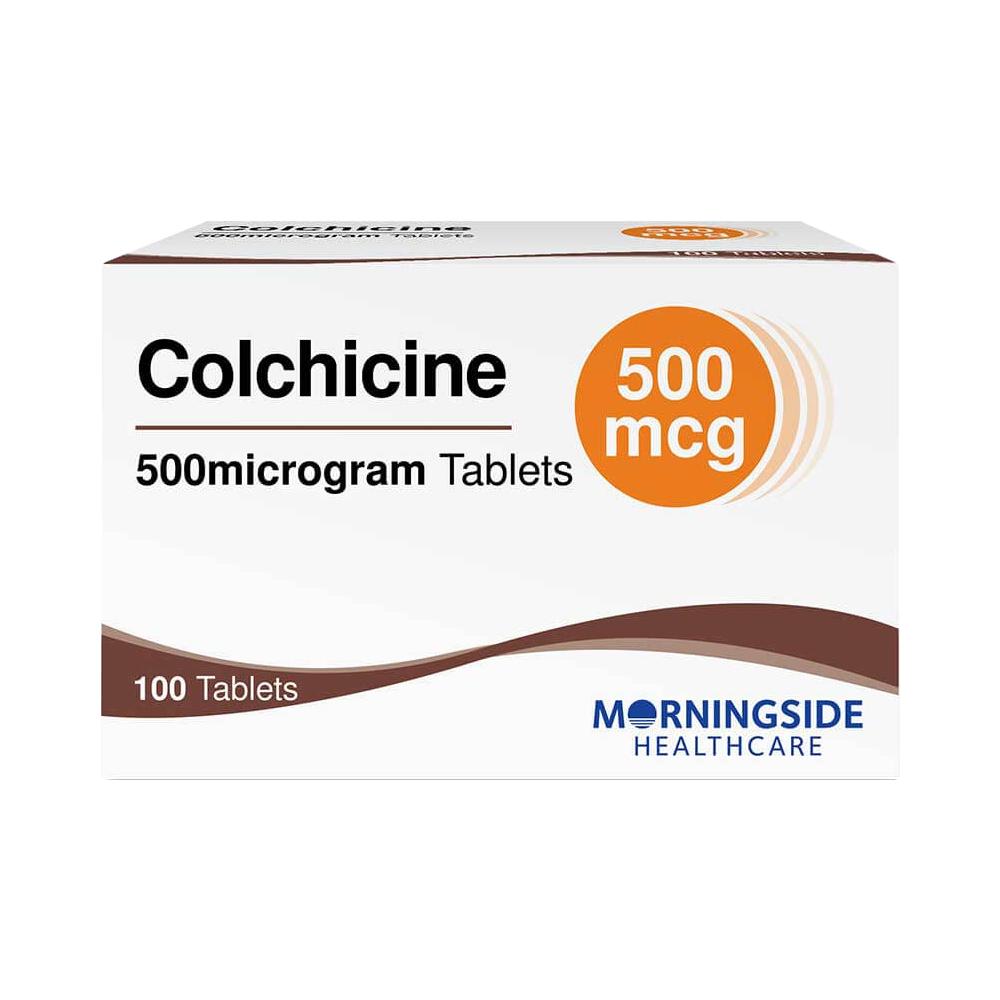
Zithromax
Zithromax - 500mg
| Product | Per Pill | Savings | Per Pack | Order |
|---|---|---|---|---|
| 30 pills | $3.22 | $96.60 | Buy Now | |
| 60 pills | $2.50 | $43.21 | $193.20 $149.99 | Buy Now |
| 90 pills | $2.26 | $86.41 | $289.80 $203.39 | Buy Now |
| 120 pills | $2.14 | $129.62 | $386.40 $256.78 | Buy Now |
| 180 pills | $2.02 | $216.03 | $579.60 $363.57 | Buy Now |
| 270 pills | $1.94 | $345.65 | $869.40 $523.75 | Buy Now |
| 360 pills | $1.90 | $475.27 | $1159.20 $683.93 | Buy Now |
Zithromax - 250mg
| Product | Per Pill | Savings | Per Pack | Order |
|---|---|---|---|---|
| 30 pills | $2.01 | $60.30 | Buy Now | |
| 60 pills | $1.56 | $26.97 | $120.60 $93.63 | Buy Now |
| 90 pills | $1.41 | $53.94 | $180.90 $126.96 | Buy Now |
| 120 pills | $1.34 | $80.91 | $241.20 $160.29 | Buy Now |
| 180 pills | $1.26 | $134.85 | $361.80 $226.95 | Buy Now |
| 270 pills | $1.21 | $215.77 | $542.70 $326.93 | Buy Now |
| 360 pills | $1.19 | $296.68 | $723.60 $426.92 | Buy Now |
Zithromax - 100mg
| Product | Per Pill | Savings | Per Pack | Order |
|---|---|---|---|---|
| 60 pills | $0.94 | $56.40 | Buy Now | |
| 90 pills | $0.79 | $13.87 | $84.60 $70.73 | Buy Now |
| 120 pills | $0.71 | $27.75 | $112.80 $85.05 | Buy Now |
| 180 pills | $0.63 | $55.50 | $169.20 $113.70 | Buy Now |
| 270 pills | $0.58 | $97.12 | $253.80 $156.68 | Buy Now |
| 360 pills | $0.55 | $138.74 | $338.40 $199.66 | Buy Now |
Overview of Zithromax
1. General Introduction
Zithromax (azithromycin) is a broad-spectrum antibiotic belonging to the macrolide class. It is used to treat various bacterial infections, including respiratory infections, skin infections, ear infections, and sexually transmitted diseases. Zithromax works by inhibiting bacterial protein synthesis, thereby preventing bacterial growth and replication.
2. Primary Purpose
The primary purpose of Zithromax is to manage and treat bacterial infections by stopping the growth and replication of bacteria. It is commonly used for conditions such as pneumonia, bronchitis, sinusitis, tonsillitis, skin infections, and certain sexually transmitted infections like chlamydia.
3. Key Benefits and Properties
Zithromax offers several key benefits and properties that make it an effective treatment option for bacterial infections:
- Broad-Spectrum Activity: Effective against a wide range of gram-positive and gram-negative bacteria.
- Rapid Onset of Action: Quickly inhibits bacterial growth, leading to fast relief from symptoms.
- Long Half-Life: Provides prolonged antibacterial action, allowing for shorter treatment durations.
- Convenient Dosing: Often administered as a single daily dose, making adherence to treatment easier.
4. Efficacy
Clinical studies have demonstrated the efficacy of Zithromax in treating a variety of bacterial infections. Patients treated with Zithromax typically experience rapid improvement in symptoms and successful eradication of the infection. Its broad-spectrum activity and favorable safety profile make it a reliable choice for many bacterial infections.
5. Safety and Tolerability
Zithromax is generally well-tolerated by most patients, with a favorable safety profile. Common side effects include nausea, diarrhea, abdominal pain, and headache. These side effects are usually mild and temporary. However, serious side effects can occur, such as allergic reactions, liver dysfunction, and QT prolongation (a heart rhythm disorder). Regular monitoring by a healthcare provider is recommended to ensure safety during treatment.
6. Convenience of Dosing
Zithromax offers convenient dosing options, typically administered once daily. The dosage varies based on the type and severity of the infection. This flexibility in dosing allows for personalized treatment plans that optimize efficacy and minimize side effects.
Indications for Use of Zithromax
1. Conditions Treated by Zithromax
Zithromax (azithromycin) is primarily indicated for the treatment of various bacterial infections, including:
- Respiratory tract infections (pneumonia, bronchitis, sinusitis)
- Skin and soft tissue infections
- Ear infections (otitis media)
- Sexually transmitted diseases (chlamydia, gonorrhea)
- Throat infections (tonsillitis, pharyngitis)
2. Symptoms and Indications
- Respiratory Tract Infections: Relieves symptoms such as cough, chest pain, shortness of breath, and fever.
- Skin Infections: Reduces redness, swelling, pain, and discharge associated with bacterial skin infections.
- Ear Infections: Alleviates ear pain, discharge, and hearing difficulties.
- Sexually Transmitted Diseases: Treats infections like chlamydia and gonorrhea, reducing symptoms such as discharge and pain.
Dosage and Administration of Zithromax
1. Dosage and Intake
- Initial Dosage: The typical starting dose for Zithromax varies based on the type and severity of the infection. For most infections, the recommended dose for adults is 500 mg on the first day, followed by 250 mg once daily for the next 4 days.
- Maintenance Dosage: Depending on the patient’s response and the specific infection being treated, the dose may be adjusted.
2. Timing of Administration
- Regular Doses: Zithromax should be taken once daily, at the same time each day, to maintain consistent levels in the body. It can be taken with or without food.
- Missed Dose: If a dose is missed, it should be taken as soon as remembered unless it is close to the time for the next dose. In that case, skip the missed dose and resume the regular dosing schedule.
3. Additional Recommendations
- With or Without Food: Zithromax can be taken with or without food, providing flexibility in administration.
- Follow Prescription Guidelines: Adhere to the prescribed dosing schedule and consult a healthcare provider before making any changes to the dosage.
Mechanism of Action of Zithromax
1. Description of Mechanism
Zithromax works by binding to the 50S ribosomal subunit of bacterial ribosomes, inhibiting protein synthesis. This action prevents the growth and replication of bacteria, ultimately leading to bacterial cell death.
2. Biochemical Processes
- Inhibition of Protein Synthesis: Zithromax binds to bacterial ribosomes, blocking the translocation of peptides and inhibiting protein synthesis.
- Bacteriostatic and Bactericidal Effects: Depending on the concentration and type of bacteria, Zithromax can exert both bacteriostatic (inhibiting growth) and bactericidal (killing bacteria) effects.
3. Physiological Effects
- Bacterial Cell Death: The inhibition of protein synthesis leads to bacterial cell death, effectively treating the infection.
- Symptom Relief: Rapid bacterial eradication results in quick relief from infection symptoms.
Composition of Zithromax
1. General Introduction
Zithromax is composed of both active and inactive ingredients that work together to provide its therapeutic effects.
2. Active Ingredients
- Azithromycin: The active component in Zithromax, azithromycin, is responsible for its antibacterial effects.
3. Inactive Ingredients
- Excipients: These may include substances such as lactose, magnesium stearate, microcrystalline cellulose, and other agents that help form the tablet and ensure its stability and efficacy.
Side Effects of Zithromax
1. General Introduction
While Zithromax is generally well-tolerated, it can cause side effects in some patients. Awareness of these potential side effects helps in managing them effectively.
2. Possible Side Effects
- Common Side Effects: Nausea, diarrhea, abdominal pain, headache, and dizziness. These effects are usually mild and temporary.
- Less Common Side Effects: Some patients may experience rash, itching, or photosensitivity.
3. Frequency and Severity
- Mild to Moderate: Most side effects are mild to moderate in severity and tend to diminish as the body adjusts to the medication.
- Severe: Rarely, severe side effects such as allergic reactions, liver dysfunction, and QT prolongation may occur. Immediate medical attention is required in such cases.
Prevention of Side Effects
1. General Introduction
Preventing side effects involves following the prescribed dosage and usage guidelines carefully.
2. Tips to Prevent Side Effects
- Follow Dosage Instructions: Adhering to the prescribed dosage reduces the risk of side effects.
- Stay Hydrated: Drinking plenty of water can help prevent dehydration and reduce gastrointestinal side effects.
- Avoid Sun Exposure: Use sunscreen and wear protective clothing when outdoors to prevent photosensitivity reactions.
3. Recommendations for Improving Tolerance
- Gradual Adjustment: If side effects are bothersome, consult a healthcare provider for potential dose adjustment.
- Report Adverse Effects: Reporting any adverse effects to a healthcare provider ensures timely management and adjustment of the treatment plan.
Contraindications for Zithromax
1. General Introduction
Certain conditions and factors may contraindicate the use of Zithromax.
2. Conditions and Diseases
- Allergy to Azithromycin: Zithromax is contraindicated in patients with a known allergy to azithromycin or other macrolide antibiotics.
- Liver Disease: Patients with severe liver disease should avoid Zithromax or use it with caution under medical supervision.
3. Warnings for Different Patient Groups
- Children and Adolescents: Zithromax is generally safe for use in children and adolescents, but dosing should be carefully adjusted based on weight and age.
- Pregnant and Breastfeeding Women: Zithromax should be used during pregnancy and breastfeeding only if the potential benefit justifies the potential risk to the fetus or infant.
Warnings and Precautions
1. General Introduction
Taking certain precautions can minimize risks associated with Zithromax use.
2. Important Warnings
- Avoid Operating Machinery: Due to its potential side effects, patients should avoid driving or operating heavy machinery until they know how Zithromax affects them.
- Monitor for Liver Function: Regular monitoring of liver function tests is recommended in patients with pre-existing liver conditions.
3. Measures for Minimizing Risks
- Regular Monitoring: Regular follow-up visits with a healthcare provider to monitor progress and side effects.
- Communicate Concerns: Patients and caregivers should communicate any concerns or adverse effects to their healthcare provider promptly.
Missed Dose
1. What to Do if a Dose is Missed
If a dose of Zithromax is missed, it should be taken as soon as remembered unless it is close to the time for the next dose. In that case, skip the missed dose and resume the regular dosing schedule.
2. Tips for Adhering to Dosing Schedule
- Set Reminders: Use alarms or reminders to remember to take the medication.
- Keep a Log: Maintain a log or chart to track dosing times.
Drug Interactions
1. Introduction
Zithromax can interact with other medications, affecting its efficacy and safety.
2. Examples of Interactions
- Antacids: Antacids containing aluminum or magnesium can reduce the absorption of Zithromax.
- Warfarin: Concurrent use with warfarin can increase the risk of bleeding.
- Other Macrolides: Concurrent use with other macrolide antibiotics can increase the risk of side effects.
3. How to Avoid Negative Interactions
- Inform Healthcare Providers: Always inform healthcare providers about all medications being taken.
- Follow Guidelines: Adhere to medical guidelines and avoid unapproved combinations of medications.
Overdose
1. Symptoms of Overdose
Symptoms of a Zithromax overdose can include severe nausea, vomiting, diarrhea, and hearing loss.
2. Actions to Take in Case of Overdose
- Seek Immediate Medical Attention: Contact emergency services or go to the nearest emergency room.
- Do Not Induce Vomiting: Unless instructed by a healthcare provider, do not attempt to induce vomiting.
Pharmacokinetics of Zithromax
1. Absorption
Zithromax is well-absorbed from the gastrointestinal tract, with peak plasma concentrations occurring within 2 to 3 hours after oral administration.
2. Distribution
Azithromycin is widely distributed throughout the body, with high concentrations found in tissues, including the lungs, tonsils, and prostate.
3. Metabolism
Zithromax undergoes limited metabolism in the liver, with the majority of the dose excreted unchanged in the bile.
4. Elimination
The drug and its metabolites are excreted mainly in the feces. The elimination half-life of azithromycin is approximately 68 hours.
Dosage Forms
1. Available Forms and Dosages
Zithromax is available in various forms, including tablets, oral suspension, and intravenous solutions. Dosages typically range from 250 mg to 500 mg per unit.
2. Advantages of Dosage Forms
- Tablets and Oral Suspension: Convenient for routine use and easy to dose accurately.
- Intravenous Solutions: Useful in severe infections or when oral administration is not feasible.
Pregnancy and Breastfeeding
1. Safety of Use
The safety of Zithromax during pregnancy and breastfeeding has not been fully established. It should be used during pregnancy only if the potential benefit justifies the potential risk to the fetus. Zithromax is excreted in breast milk, so breastfeeding mothers should consult with a healthcare provider before use.
2. Recommendations for Pregnant and Nursing Mothers
- Consult Healthcare Provider: Always seek medical advice before starting or continuing Zithromax during pregnancy or breastfeeding.
- Monitor Infant: If used during breastfeeding, monitor the infant for any adverse effects.
Storage Conditions
1. Storage Recommendations
Zithromax should be stored at room temperature, away from light and moisture. Keep it out of reach of children and pets.
2. Temperature and Other Conditions
- Optimal Temperature: Store Zithromax at a temperature between 20°C to 25°C (68°F to 77°F).
- Avoid Humidity: Keep the medication in a dry place to maintain its efficacy.
Clinical Trials and Efficacy
1. Overview of Clinical Studies
Clinical trials have demonstrated the efficacy of Zithromax in treating a wide range of bacterial infections. These studies confirm its effectiveness in reducing infection symptoms and eradicating the causative bacteria.
2. Main Results and Findings
- Infection Control: Significant reduction in symptoms and successful eradication of bacterial infections.
- Broad-Spectrum Activity: Effective against various gram-positive and gram-negative bacteria.
Conclusion
1. Summary of Zithromax
Zithromax is a potent and versatile antibiotic for managing bacterial infections. Its benefits include broad-spectrum activity, rapid onset of action, and convenient dosing options. Zithromax offers a valuable treatment option for patients with various types of bacterial infections.
2. Main Benefits and General Recommendations
- Benefits: Effective in treating a wide range of bacterial infections, well-tolerated, convenient dosing options.
- Recommendations: Follow prescribed dosages, monitor for side effects, and consult healthcare providers regularly for optimal management of bacterial infections.




